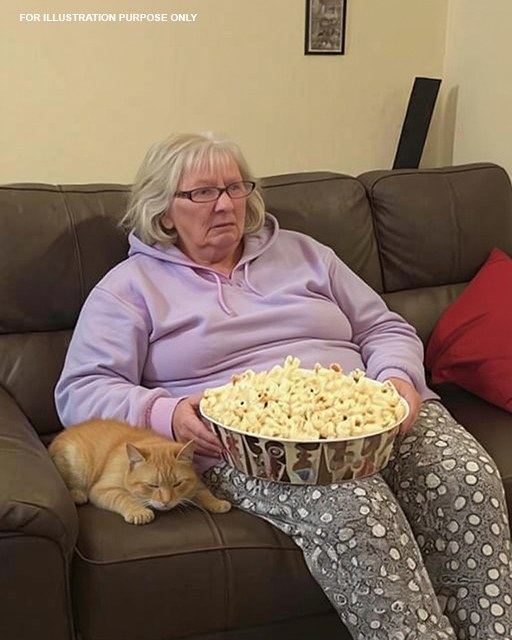When I found out I was pregnant, my heart was a mixture of joy and fear. My husband and I had been waiting for over a year, and when the test was positive, I sat on the bathroom floor, holding it, crying endlessly.
All the milestones rushed into my mind: the first cry, the first steps, the first birthday. But along with the joy came worry. We both worked, and our finances, though stable, weren’t plentiful. Who would take care of the baby? Could I trust strangers?
I thought of my mother, Denise, sixty-four, retired, who had spent decades raising us. Imagining her holding the baby brought relief. Her warm, gentle memories filled my soul.
One evening, I asked, “Mom, can you take care of the baby when I go back to work?” She paused, looking into her coffee, and said, “I’ll need to think. This is a big responsibility.”
A week later, she called: “I’ll help, but only if you pay me.” My heart sank. “Pay you?” I asked. She explained: “It’s not greed. Watching a baby full-time is hard work, and I can’t do it for free.”
At first, I felt hurt and disappointed. But seeing daycare costs and professional caregiver fees, I realized paying my mom was still the better option, knowing our baby would be safe.
The first months were challenging. She arrived promptly at eight, fed the baby, calmed him, tidied, and kept everything running. But the relationship felt formal, as if I were her employer.
One evening, I admitted, “Mom, I didn’t expect it to feel this way. I thought we’d be closer.” She looked at me tenderly: “I want to be here, but this is work too. My body isn’t as strong, and I need to care for myself.”
We set clearer schedules and boundaries, and I even added a bonus to her payment. Slowly, our relationship warmed. She sent photos, sang lullabies, told stories.
I realized: love doesn’t have to be free to be genuine. My mom was asking for acknowledgment, setting limits, protecting herself. Accepting that, I respected her more.
Over time, it became a partnership. When asked who cared for our baby, I said proudly: “My mom. And yes, we pay her. Because she’s worth it.”
